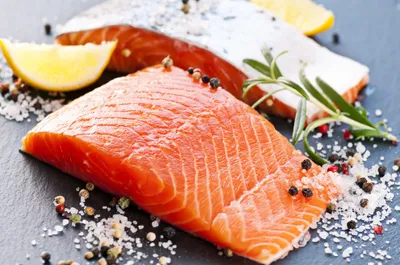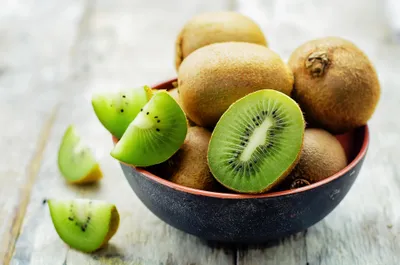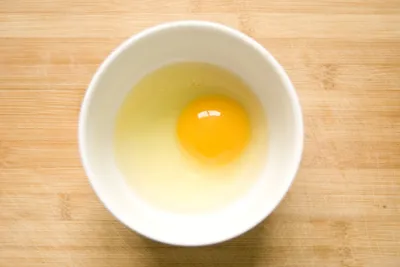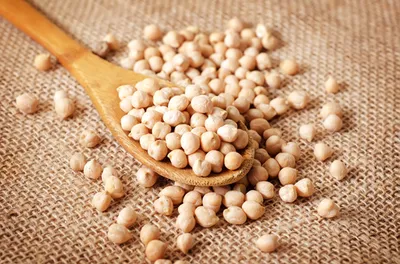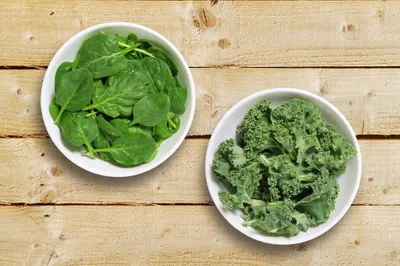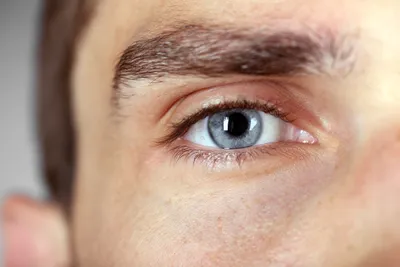Okay, we all know that carrots are reputedly good for eye health (as we age), but eating your weight in carrots won’t make you bright eyed all on their own. However, when it comes to protecting the eyes from degenerative disorders such as cataracts, age-related macular degeneration (or AMD), and glaucoma a plethora of essential nutrients are required…
1. Omega-3 Fatty Acids
Maintain the brightness and sharpness of your peepers by regularly noshing on vision-boosting omega-3 fatty acids—found in fatty types of fish (i.e., salmon, tuna, halibut, and sardines), as well as nuts and seeds (i.e., walnuts and flaxseed). In fact, eating fish just a few times per week can significantly boost eye health.
Research from the American Optometric Association (AOA) tells us that two particular omega-3s (EPA and DHA) are required for natural eye lubrication, to control light sensitivity, to produce DHA, and to protect the eyes from age-related macular degeneration (or AMD).
2. Vitamin C
Oranges and kiwi. Strawberries and grapefruit. Oh my! It’s true; you can enjoy one of these many fruits for their spectacular eye-boosting benefits.
Studies from the American Optometric Association claim that foods rich in vitamin C reduce the chances of cataracts forming as we age. Vitamin C is a cell protecting nutrient. Thanks to the antioxidants within it guards cells from damage in all parts of the body.
3. Zinc
I spy with my little eye…a vitamin particularly good for eye health! Yes, you guessed it, that vitamin is zinc. And zinc can be found primarily in foods like eggs (which are also a great source of lutein and zeaxanthin).
According to Health.com, zinc lowers the risk of macular degeneration. Additional research from a 2001 randomized National Institutes of Health trial shows that both zinc supplements and foods rich in the antioxidant can ward off age-related macular degeneration (AMD) and vision loss.
4. Vitamin E
According to WebMD.com you can look to vitamin E (found in yogurt, oysters, chickpeas, and red meats) as a potent antioxidant that boosts the health of certain parts of the eye. In fact, it’s specifically alpha-tocopherol (a type of vitamin E) that helps to neutralize oxidation and guard the lens of the eye from oxidative damage.
Vitamin E has been linked to preventing cataracts caused by UV ray sunlight exposure. In addition, vitamin E has been associated with guarding the eyes against free radicals that gradually deteriorate healthy eye tissues, which can lead to age-related macular degeneration (AMD).
5. Zeaxanthin and Lutein
These powerful eye-boosting carotenoids are dual powered thanks to the antioxidants within that can help protect the eyes from evil oxidative stress. Luckily for your eyes, these carotenoids can be had in dark leafy green veggies such as romaine lettuce, collard greens, broccoli, Brussel’s sprouts, kale, and also in papayas and squash.
Studies from the Glaucoma Research Foundation report that lutein and zeaxanthin work to prevent oxidative stress from causing damage to the eyes. Oxidative stress on the optic nerve has been linked to vision issues such as glaucoma, and eating leafy greens can help prevent the onset of glaucoma and also prevent glaucoma from getting worse.
6. Vitamin A
We’ve already established that carrots are great for the eyes. However, this vision-boosting food gets its powers from vitamin A, a natural enemy of oxidative stress.
Vitamin A is another antioxidant that can be found in foods like spinach, red bell peppers, mangos, sweet potatoes, cantaloupe, carrots, and apricots. Much like zeaxanthin and lutein, vitamin A combats oxidative stress that can cause gradual ocular damage.

